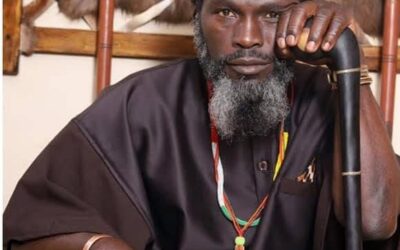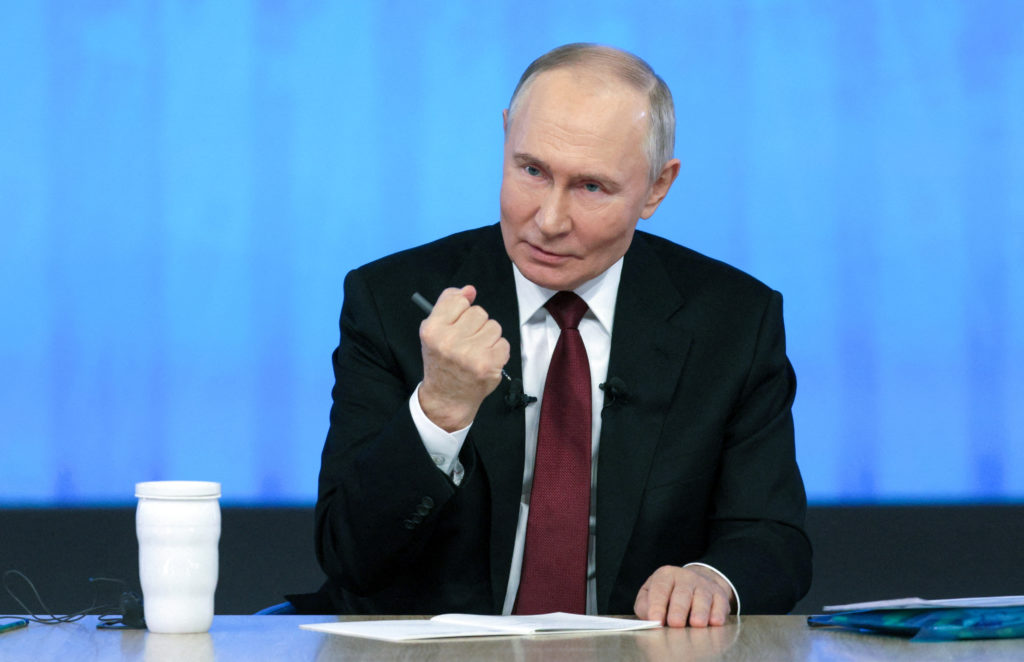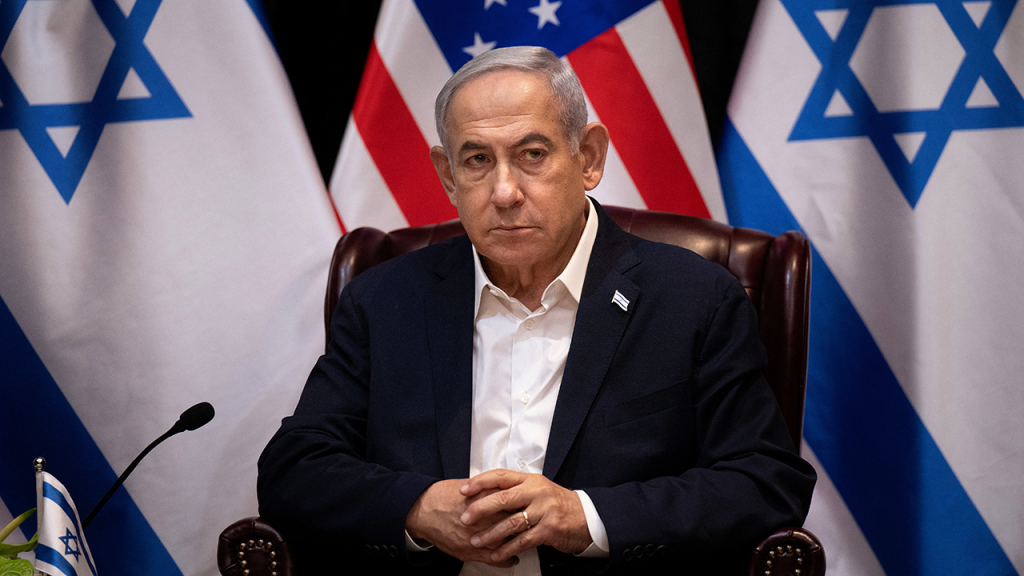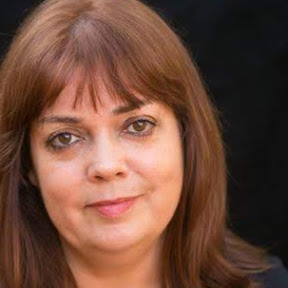Putin: We Should Have Invaded Ukraine Earlier
In a marathon press conference held in Moscow, Russian President Vladimir Putin made a shocking admission, submitting that Russia should have launched its invasion of Ukraine earlier. Speaking at his annual national address, which spanned more than four hours, Putin reflected on the decision to begin the conflict in February 2022, describing it as an action born out of necessity.
“Such a decision, which was made at the beginning of 2022, should have been made earlier,” Putin declared. He described the events in Crimea in 2014 as “spontaneous” and indicated that the actions in 2022 were similarly initiated without extensive preparation. “Why did we start? Because it was no longer possible to stand still and endure, waiting for the situation to worsen for us,” he added, suggesting that Moscow’s hand was forced by what he described as an increasingly untenable geopolitical environment.
Putin’s comments come amid continued international scrutiny and widespread condemnation of Russia’s invasion of Ukraine, a conflict that has caused immense human suffering, displaced millions, and destabilized the region. Despite the war’s devastating toll, Putin painted a picture of resilience, claiming that the conflict has strengthened Russia.
“The war has made Russia stronger,” he stated, offering no indication of regret over the invasion. Instead, he doubled down on his narrative that Russia’s actions were justified and strategically necessary. Critics, however, point to the significant economic and social costs Russia has incurred as a result of the war, including international sanctions, military casualties, and growing isolation on the global stage.
Throughout the press conference, Putin reiterated his well-worn justifications for the invasion, blaming Western countries for exacerbating tensions and accusing NATO of encroachment. He suggested that the geopolitical environment left Moscow with no choice but to preemptively protect Russian interests. However, analysts argue that these claims are part of a broader strategy to rationalize aggression and maintain domestic support amid growing criticism.
As the war grinds into its second year, the conflict shows no signs of resolution. Ukraine, with the backing of Western nations, continues to defend its sovereignty while Russia faces mounting challenges both on the battlefield and within its economy. Putin’s comments reflect a leader determined to justify his actions, even as the consequences of those decisions become increasingly apparent.
The international community remains steadfast in its condemnation of Russia’s actions, calling for an end to hostilities and a return to diplomacy. However, with Putin’s remarks signaling no shift in his stance, the path to peace remains uncertain.
Putin’s assertion that the war has made Russia stronger has drawn criticism from Western leaders, who argue that the conflict has instead weakened Russia’s global standing. The United Nations continues to call for de-escalation and adherence to international law, while NATO nations have reiterated their commitment to supporting Ukraine in its fight for sovereignty.
As the conflict persists, Putin’s reflections on the timing of the invasion highlight the deep divisions and unresolved tensions driving the war. Whether these remarks serve to bolster domestic support or further alienate Russia from the global community remains to be seen.








13 thoughts on “Putin: I Should Have Invaded Ukraine Earlier.”